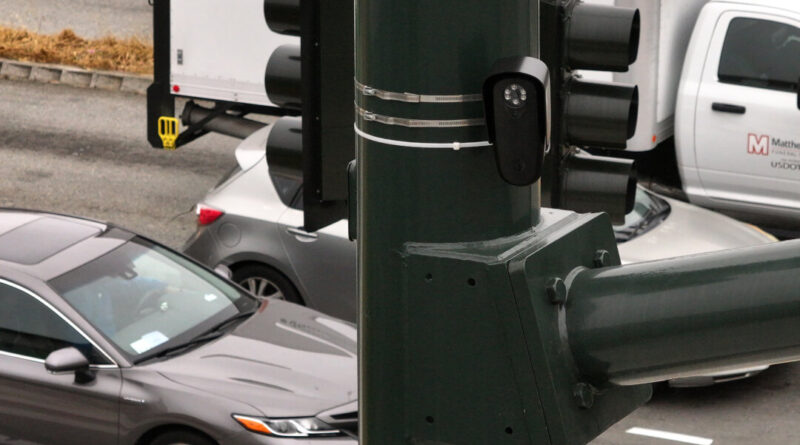Law enforcement uses advanced technology to monitor and deter street takeovers while legal debates over the 4th Amendment continue.
California is seeing a rise in surveillance as police tackle illegal activities like street racing and sideshows. Technology companies are introducing new tools to help law enforcement, raising concerns about privacy rights and the Fourth Amendment.
In the Bay Area and Los Angeles, where these activities have escalated in recent years, agencies are utilizing planes, drones, and automatic license plate reader (ALPR) cameras to enhance safety for first responders.
Results are starting to show. The California Highway Patrol (CHP) recently reported the seizure of 16 vehicles linked to illegal takeovers using video evidence from cameras around the Bay Bridge.
With the help of these advanced technologies, CHP officers in Oakland have already confiscated over 2,000 stolen vehicles since February.
Now, a controversial surveillance system originally designed to detect gunshots is being repurposed to listen for sounds associated with illegal street activities, like screeching tires. This system is offered by Flock Safety, a company that provides surveillance systems to law enforcement agencies nationwide.
By incorporating audio detection with existing camera networks, Flock’s technology offers greater insight to track repeat offenders and analyze patterns related to sideshows.
As these surveillance systems become more common, concerns about the balance between privacy and public safety are arising. Civil rights groups are challenging these technologies, which they view as encroachments on constitutional rights.
Technological advancements like Flock’s cameras and audio detectors are expanding public surveillance networks in California, prompting questions about the ethical use of such tools.
While these tools can aid in crime prevention and investigation, their implementation must respect legal and ethical standards to ensure accountability and protect privacy.



